
Lime Tree Farm Solutions

Lime Tree Farm Solutions
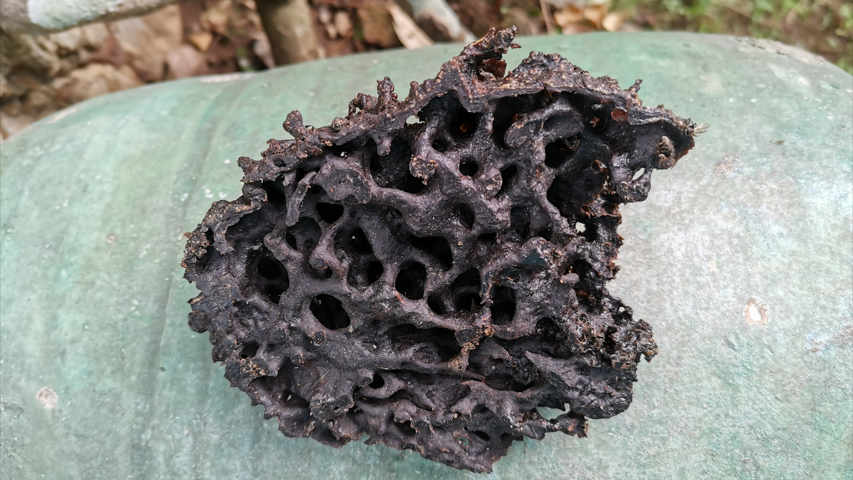
In our previous post, we discussed the impressive medicinal benefits of stingless bee honey. But did you know that honey has a powerful partner in health? Enter propolis, the lesser-known hero of the hive. At Lime Tree Farm, we call stingless bee honey and propolis the power pair, teaming up to deliver a double punch of health benefits that are hard to beat. In fact, one of our go-to immune boosters is a tablespoon of honey fortified with several drops of propolis tincture, which we take every day. Propolis might not have honey’s sweet appeal, but its therapeutic properties are just as amazing.
In this article, we delve into the world of stingless bee propolis from the remarkable Tetragonula biroi, and discover why this sticky substance is an essential ingredient in many of our products.
Propolis is a resinous substance that bees collect from tree buds, sap flows, and other botanical sources. Known as “bee glue,” propolis serves as a crucial material in the hive, where bees use it to seal cracks, build structural stability, and protect against microbial threats. This sticky substance is packed with a wealth of bioactive compounds, including flavonoids, phenolic acids, and terpenes, which endow it with its potent health properties.
Stingless bee propolis, particularly from the Tetragonula biroi species, is a unique and fascinating variety of propolis. Here’s what sets it apart:
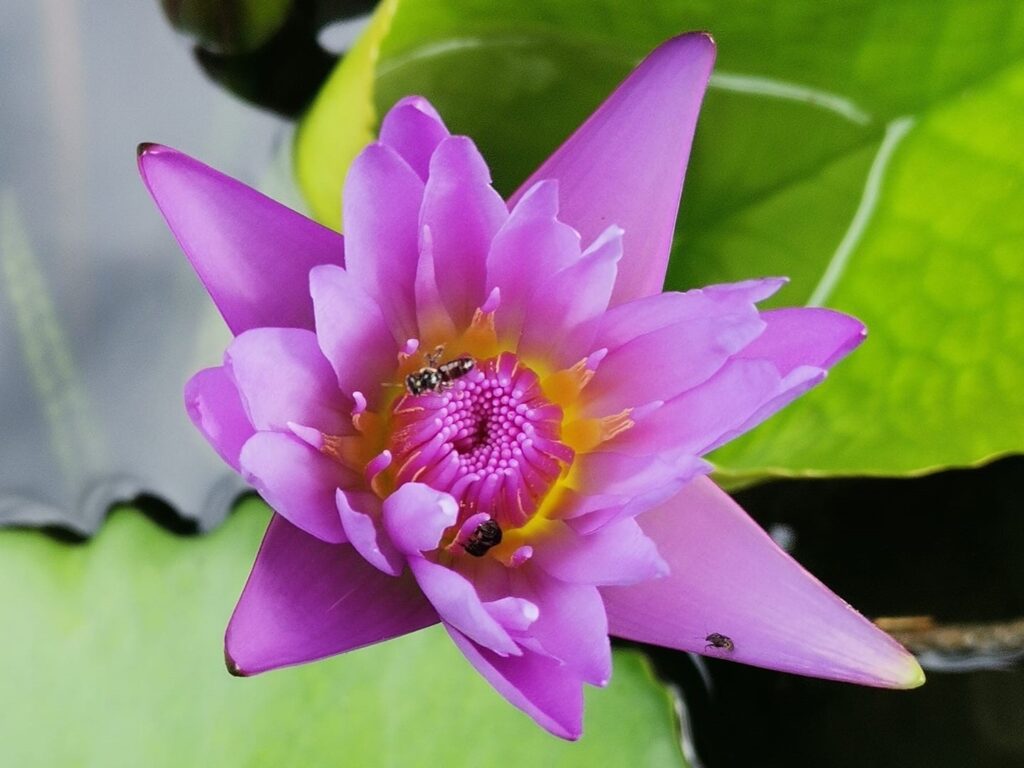
The Philippine stingless bee, or Tetragonula biroi, is a fascinating and lesser-known pollinator. Here’s what you need to know about this tiny powerhouse:
Now that we have a better understanding of what propolis is and the fascinating world of the Philippine stingless bee, let’s delve into the remarkable health benefits of propolis from Tetragonula biroi.
Stingless bee propolis from Tetragonula biroi is a powerhouse of health benefits, thanks to its rich composition of bioactive compounds. Here are some of its most remarkable health benefits:
Stingless bee propolis is renowned for its immune-boosting properties. The bioactive compounds in propolis, such as flavonoids and phenolic acids, have potent antimicrobial and antioxidant effects that help bolster the body’s defenses. Regular consumption can help protect against common illnesses and infections, making it a valuable ally in maintaining overall health.
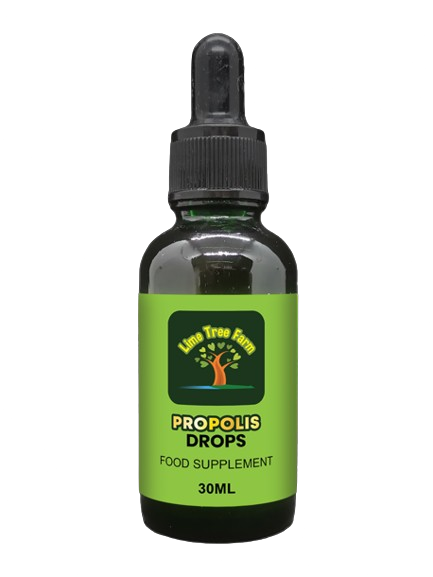
Propolis is loaded with antioxidants that combat oxidative stress in the body. These antioxidants neutralize free radicals, unstable molecules that can cause cellular damage and contribute to aging and chronic diseases. By reducing oxidative stress, propolis supports overall health and longevity.
Chronic inflammation is a root cause of many health issues, including arthritis, cardiovascular diseases, and autoimmune disorders. Propolis has demonstrated significant anti-inflammatory effects, which can help alleviate symptoms associated with inflammation. Whether ingested or applied topically, propolis can reduce swelling, pain, and other inflammatory responses.
Propolis is known for its wound-healing properties. Its antimicrobial and anti-inflammatory properties accelerate tissue regeneration, reduce healing time for minor cuts, burns, and skin abrasions, and help prevent infections.
Propolis is a popular ingredient in skincare products due to its hydrating, anti-aging, and soothing properties. It helps maintain skin hydration, reduces signs of aging, treats acne, and soothes irritated skin.
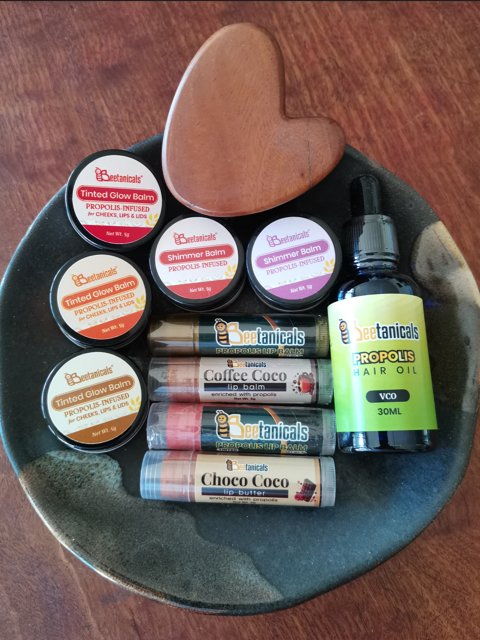
Scientific studies have shown that stingless bee propolis can significantly promote hair growth. Propolis enhances the proliferation of keratinocytes (cells that produce keratin, a key protein in hair structure) and promotes the growth of dermal papilla cells, which play a critical role in hair follicle development and growth. Regular application of propolis can lead to healthier, fuller hair and may even help combat hair loss.
Propolis has been used traditionally for oral health due to its antibacterial and anti-inflammatory properties. It can help reduce gum inflammation, soothe sore throats, and treat canker sores. Propolis is also effective in promoting overall oral hygiene, which is why it is often included in toothpaste and mouthwash formulations.
The antimicrobial properties of propolis extend to the respiratory system, where it can help alleviate symptoms of respiratory infections. Propolis has been used to treat colds, coughs, and other respiratory ailments by reducing inflammation and fighting off pathogens.
Propolis offers digestive support by maintaining a healthy balance of gut bacteria and protecting the digestive tract from infections. It has been used to treat conditions like gastritis and ulcers due to its ability to promote tissue healing and reduce inflammation in the digestive system.
For those who suffer from allergies, propolis may offer some relief. It has been shown to inhibit the release of histamines, which are responsible for allergy symptoms like sneezing, itching, and swelling. Consuming propolis regularly might help alleviate these symptoms and improve overall quality of life during allergy seasons.
Propolis may contribute to cardiovascular health by lowering blood pressure and reducing cholesterol levels. Its antioxidant properties help protect blood vessels from damage, while its anti-inflammatory effects support heart health. Incorporating propolis into your diet may help maintain a healthy heart and reduce the risk of cardiovascular diseases.
While research is ongoing, some studies suggest that propolis may have anti-cancer properties. Its antioxidant and anti-inflammatory effects may help inhibit the growth of cancer cells and support the body’s natural defenses against cancer. More research is needed to fully understand its potential in cancer prevention and treatment, but the initial findings are promising.
Given its many health benefits, incorporating stingless bee propolis from Tetragonula biroi into your wellness routine is a wise choice. Here are some practical ways to use propolis:
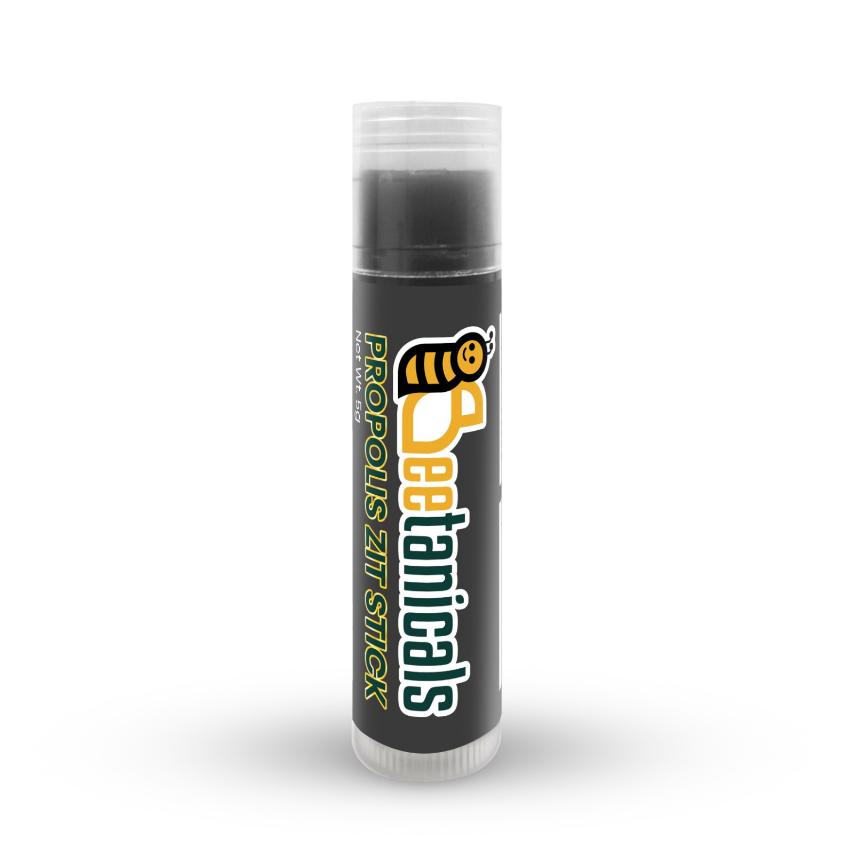
Incorporating stingless bee propolis from Tetragonula biroi into your daily routine can provide numerous health benefits, from boosting your immune system to enhancing your skin and hair health. Whether you consume it as a supplement, apply it topically, or use it in oral care products, propolis is a versatile and powerful natural remedy.